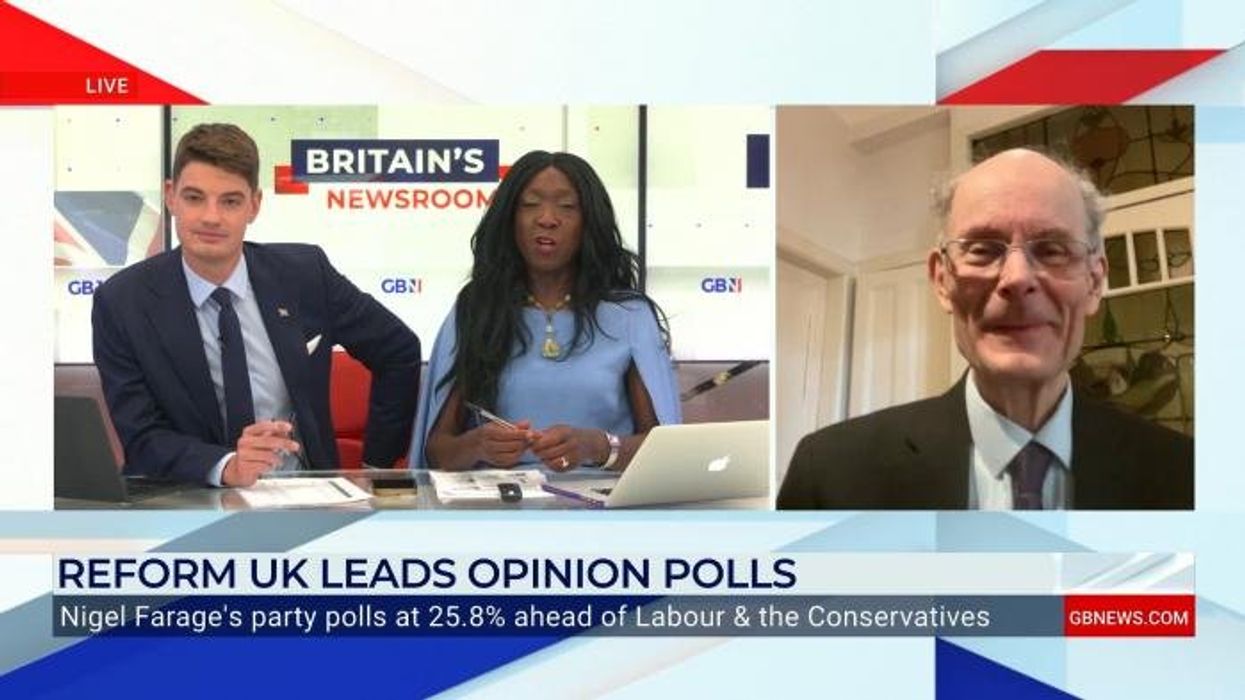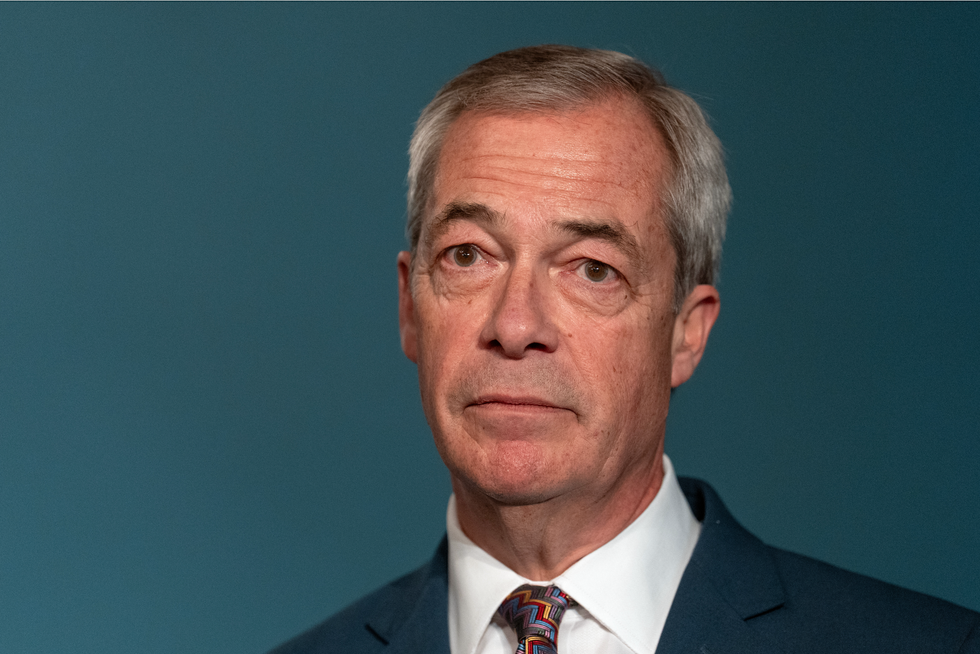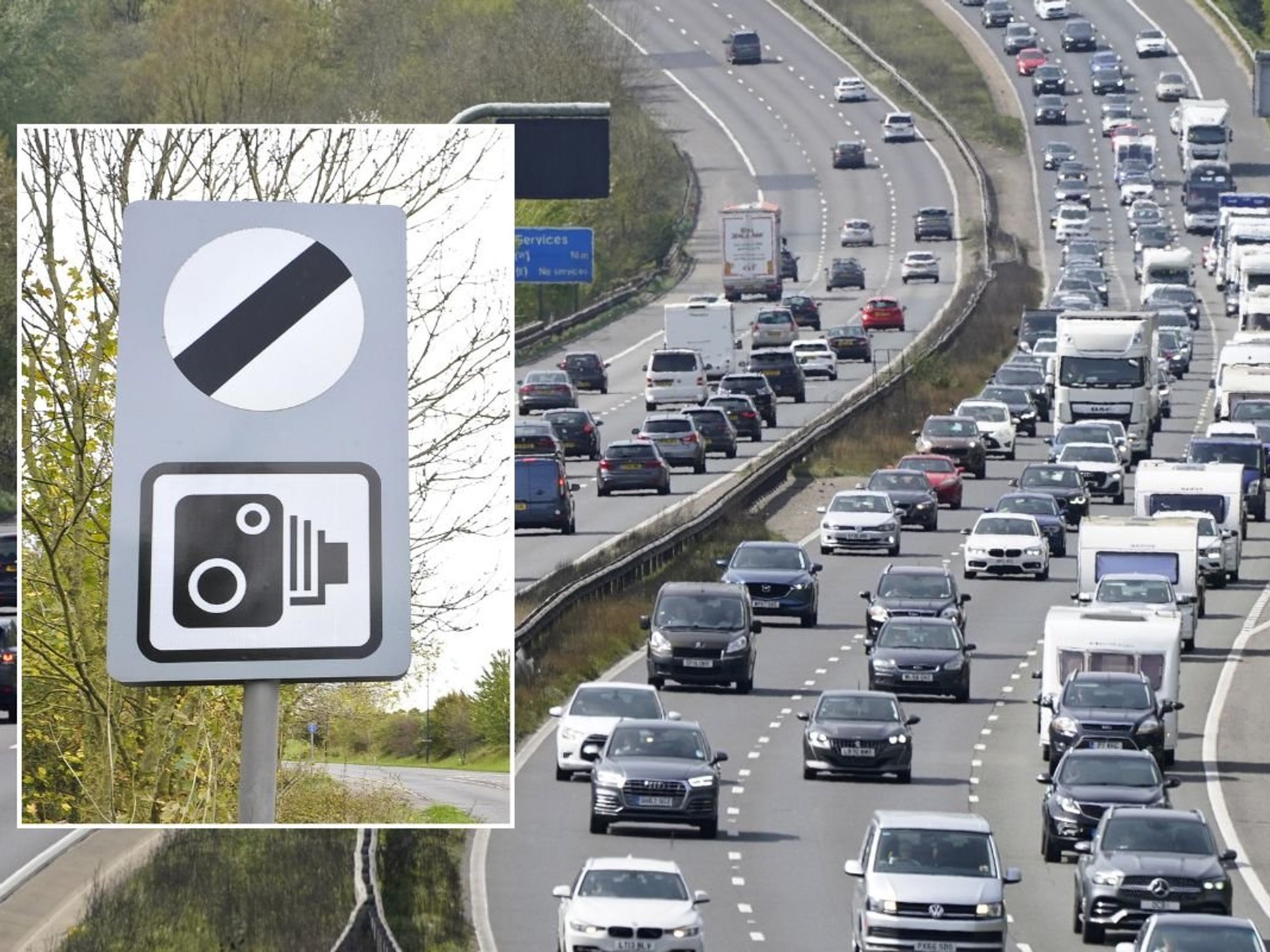Reform's rise has been dizzying, but the polls hide a landmine - and the party may have already stood on it

Sir John Curtice discusses the latest Reform UK polling |
GB
In truth, the party is heavily reliant on a niche market, writes John Curtice, Professor of Politics at Strathclyde University, and Senior Fellow, National Centre for Social Research
Don't Miss
Most Read
Trending on GB News
The rise of Reform since last year’s general election has been remarkable.
Its current standing in the polls is, on average, now double the 15 per cent share the party won in 2024. It has been in the lead for more than six months. Some polling suggests the party could be on course for an overall majority if an election were held now
Never has a party other than Conservative or Labour been ahead in the polls for so long – not even the Liberal/SDP Alliance at the height of its popularity in 1981/2. Reform is posing the biggest ever challenge to Britain’s traditional two-party system.
Yet, there is still a key question facing the party. Can it build on its advances so far? It first reached an average of 30 per cent in the polls in the immediate wake of its success in winning control of ten councils in the English local elections in May. Yet it has made no discernible further progress since then.
It briefly hit 32 per cent in September when the party’s new proposals for curbing migration hit the airwaves.
However, it has since fallen back again to the 30 per cent mark. Rather than gradually forging further ahead, the party’s support has been flatlining – as though there might be a ceiling to what the party can achieve.
Even in May’s local elections, which for the most part took place in parts of England where the party was likely to do well, it managed to win more than 40 per cent of the vote in just one county – Staffordshire.
The Runcorn by-election was won (narrowly) with just under 39 per cent, while in Caerphilly earlier this month it could not push its vote above 36 per cent.
 Reform's rise has been dizzying, but the polls hide a landmine - and the party may have already stood on it |
Reform's rise has been dizzying, but the polls hide a landmine - and the party may have already stood on it | Getty Images
LATEST DEVELOPMENTS
In truth, the party is heavily reliant on a niche market – those who voted for Brexit in 2016. Support for the party strands is at over 50 per cent among those who voted Leave. But fewer than one in ten Remain supporters support the party.
For many Leave voters, the party’s policies on immigration are appealing, its scepticism about equalities policies resonates, and they believe that Britain should be proud of rather than apologising for its past.
However, Brexit is less popular now. Recent polls suggest that maybe a little more than one in three are clear they would vote to stay out if there were another referendum.
The latest British Social Attitudes survey suggests that only one in six feel that equal opportunities for Black and Asian people have gone too far.
And while concern about immigration has grown in the wake of the record levels of recent years, still only around one in three say that immigration is bad for the country’s economy and its cultural life.
Reform’s stance on these ‘culture wars’ issues has been enough for it to win a third of the country. Nevertheless, the market for its current messaging is limited.
To broaden its appeal, the party will have to start talking to voters across a wider terrain, including not least on the economy. That, after all, is an issue that concerns everyone.
More From GB News










